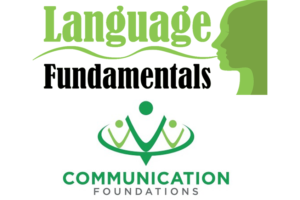How are you sleeping? It’s usually the second question I ask, or am asked, right after, “how are you? These continue to be unprecedented times. Clinicians, friends, and healthcare workers here in New York and around the country still show us not all heroes wear capes. Sleeping is vitally important. Not only does it allow for the recharge of the body but the mind. Sleep deprivation, going without sleep for as little as 24 hours starts to affect our ability to think logically.
“Multitasking” has become the catchphrase we all use. However, what is really happening is that you are moving from one task to another and back and forth. Research on dual attention tasks used for measuring divided attention found puts high demands on cognitive capacity. Subjects often attempt to reduce the load by automating some easier procedures of a dual or multitask. Research has found that without proper sleep, subjects’ scores fell, with one task suffering to enhance the outcome of the other (Drummond et al 2001).
What role does motivation play in cognitive performance? Can high motivation reverse the adverse effect of sleep deprivation? Or is the counterargument true? Does poor motivation further deteriorate performance? Most research looks at motivation as a compensatory effect. In reviewing research this is actually a very difficult concept to capture and assess. According to Starter et al (2006), “increases in the attentional effort do not represent primarily a function of task demands but of subjects’ motivation to perform.”
Furthermore, attentional effort is a function of explicit and implicit motivational forces and may be increased especially when the subjects are motivated or when they detect signals of performance decrements. My take-away from this research is that we feel like we can push and tackle these tasks and our sheer will is enough to push us over the goal line, but this may not be the case.
So what? Well, watching GI Joe cartoons on Saturday morning in the 80s taught us that, knowing is half the battle. If we know that we are sleep deprived or have had less sleep than we need, then we need to reduce distractions, dual attention activities and allow time for a review of work. In a time when life can be more demanding than usual, it seems counterintuitive to do less when we feel like more is needed. But if you consider the time and energy it takes to fix or redo a task because of lack of sleep than the extra time is not so bad.
Thank you and be safe.
About the author: Michael V. Webb, MS CCC-SLP, Chief Executive Officer of Language Fundamentals. Michael is a graduate from the College of Saint Rose in Albany NY with his Master’s degree in Communication Disorders and more also earned his Masters of Healthcare Administration from the University of Ohio. He has presented at the American Speech-Language and Hearing Association, the New York Speech-Language-Hearing Association, New York State Health Facilities Association, as well as the National Convention of State Veterans Homes.



